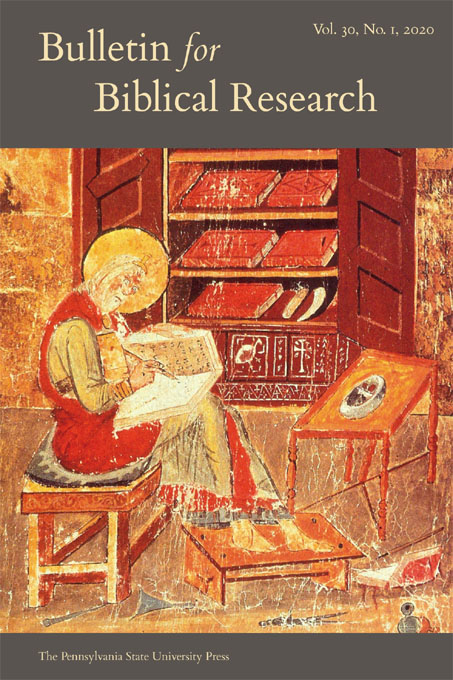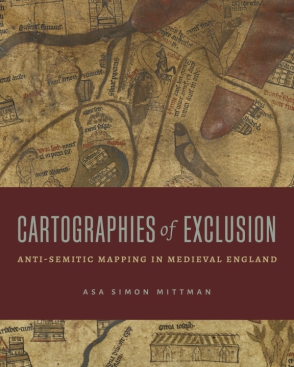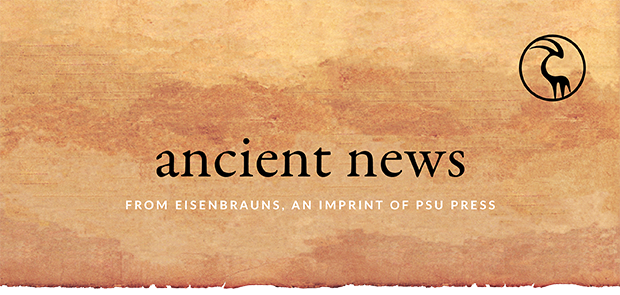
in this issue
general news
Welcome to the winter edition of Ancient News!
We’re celebrating the holiday season with our annual sitewide sale! Through 12/20, get 30% off orders of $50, 40% off orders of $100, and 50% off orders of $150 or more with promo code HBS24 at checkout. Visit our website to start browsing books now!
We were glad to see so many of you at AAR/SBL and ASOR last month! If you missed us at the conferences, don’t worry. You can still shop our virtual exhibits and get 40% off, plus free US shipping on select books. Visit our sales & specials page for details.
The 2024 Eisenbrauns catalog has arrived! Give it a read to catch up on everything we’ve published this year.
The Penn State University Press offices will be closed for the holidays from December 24 through January 1st. Thanks for reading, and we’ll see you in the new year!
Happy Holidays!
holiday book sale
Get 30% off $50, 40% off $100, and 50% off orders of $150 or more with promo code HBS24 at checkout! Sale ends 12/20.
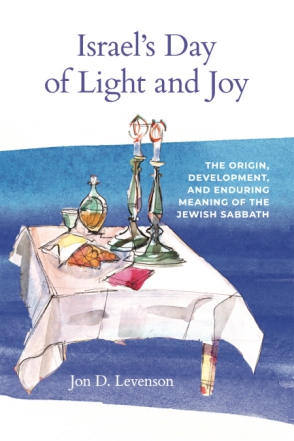
Israel’s Day of Light and Joy
The Origin, Development, and Enduring Meaning of the Jewish Sabbath
Jon D. Levenson
“A comprehensive and serious study of the sinuous history, dynamic cultural and political forces, and various religious ideologies surrounding the meaning and application of a Jewish Sabbath.”
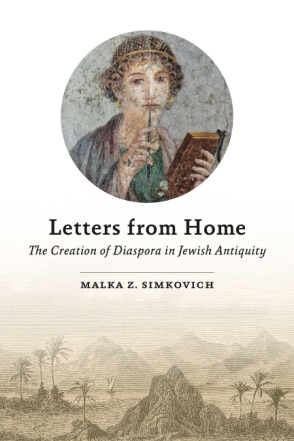
Letters from Home
The Creation of Diaspora in Jewish Antiquity
Malka Z. Simkovich
“An excellent and thought-provoking analysis of Hellenistic period Jewish literature.”Daniel L. Smith-Christopher, —Catholic Books Review
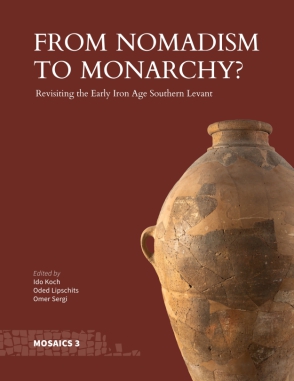
From Nomadism to Monarchy?
Revisiting the Early Iron Age Southern Levant
Edited by Ido Koch, Oded Lipschits, and Omer Sergi
Archaeological exploration in the Central Highlands of the Southern Levant conducted during the 1970s and 1980s dramatically transformed the scholarly understanding of the early Iron Age and led to the publication of From Nomadism to Monarchy: Archaeological and Historical Aspects of Early Israel, by Israel Finkelstein and Nadav Na’aman. This volume explores and reassesses the legacy of that foundational text.
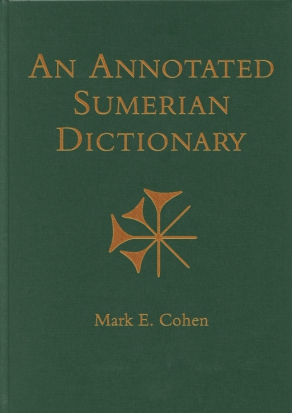
An Annotated Sumerian Dictionary
Mark E. Cohen
Sumerian was the first language to be put into writing (ca. 3200–3100 BCE), and it is the language for which the cuneiform script was originally developed. Even after it was supplanted by Akkadian as the primary spoken language in ancient Mesopotamia, Sumerian continued to be used as a scholarly written language until the end of the first millennium BCE. This volume presents the first comprehensive English-language scholarly lexicon of Sumerian.
new books
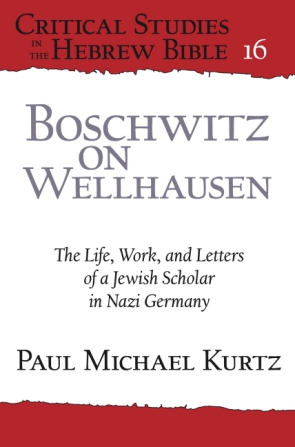
Boschwitz on Wellhausen
The Life, Work, and Letters of a Jewish Scholar in Nazi Germany
Paul Michael Kurtz and Friedemann Boschwitz
“A major contribution to intellectual history for the fields of biblical studies, history of religions, and German Jewish studies. Paul Michael Kurtz brings a fascinating wealth of archival material together that sheds light on a crucial period of modern German research. This volume helps break Julius Wellhausen out of the boxes that he has generally been placed in and provides a much more integrated reading of his work and thought.”—Bernard M. Levinson, coeditor of Betrayal of the Humanities: The University During the Third Reich
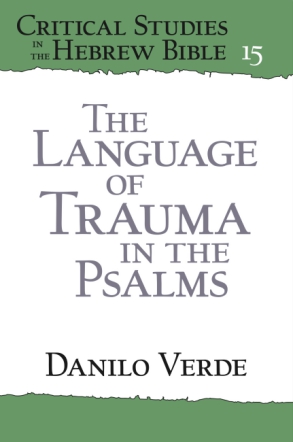
The Language of Trauma in the Psalms
Danilo Verde
Over the last few decades, the field of trauma studies has shed new light on biblical texts that deal with individual and collective catastrophe. In The Language of Trauma in the Psalms, Danilo Verde advances the conversation, moving beyond the emphasis on healing that prevails in most literary trauma studies.
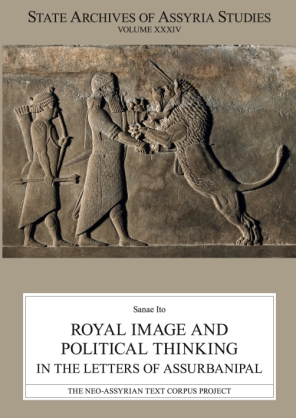
Royal Image and Political Thinking in the Letters of Assurbanipal
Sanae Ito
Assurbanipal, the last great king of the Assyrian Empire, ruled from 668 BC until at least 630 BC. Although he spent four years suppressing a revolt by Šamaš-šumu-ukīn, his older brother and the king of Babylon (667–648 BC), Assurbanipal’s reign was much longer than the reigns of his predecessors, and he controlled almost the entirety of the ancient Near East.
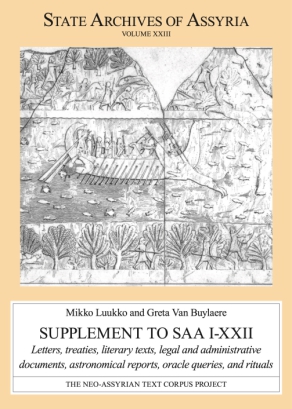
Supplement to SAA I–XXII
Letters, Treaties, Literary Texts, Legal and Administrative Documents, Astronomical Reports, Oracle Queries, and Rituals
Edited by Mikko Luukko and Greta van Buylaere
The State Archives of Assyria series was conceived in 1985 to make all texts from the royal archives of Nineveh available to both scholarly and lay audiences in the form of critical text editions. The present volume concludes the series and makes available about three hundred further texts from the royal archives discovered or identified after the publication of the appropriate SAA volumes or inadvertently omitted from them.
journals

We are very happy to welcome Elise Unterseher, our new Journals Production Coordinator! Elise relocated from Minnesota at the end of October and has hit the ground running ever since. Welcome, Elise!
new from psu press
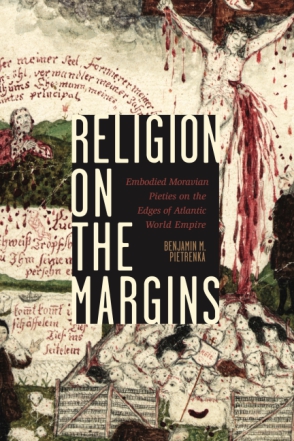
Religion on the Margins
Embodied Moravian Pieties on the Edges of Atlantic World Empire
Benjamin M. Pietrenka
| Control your subscription options |
